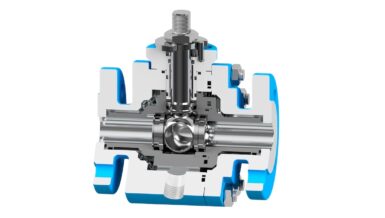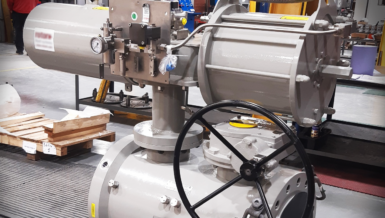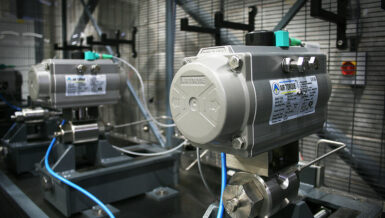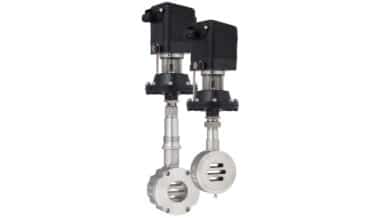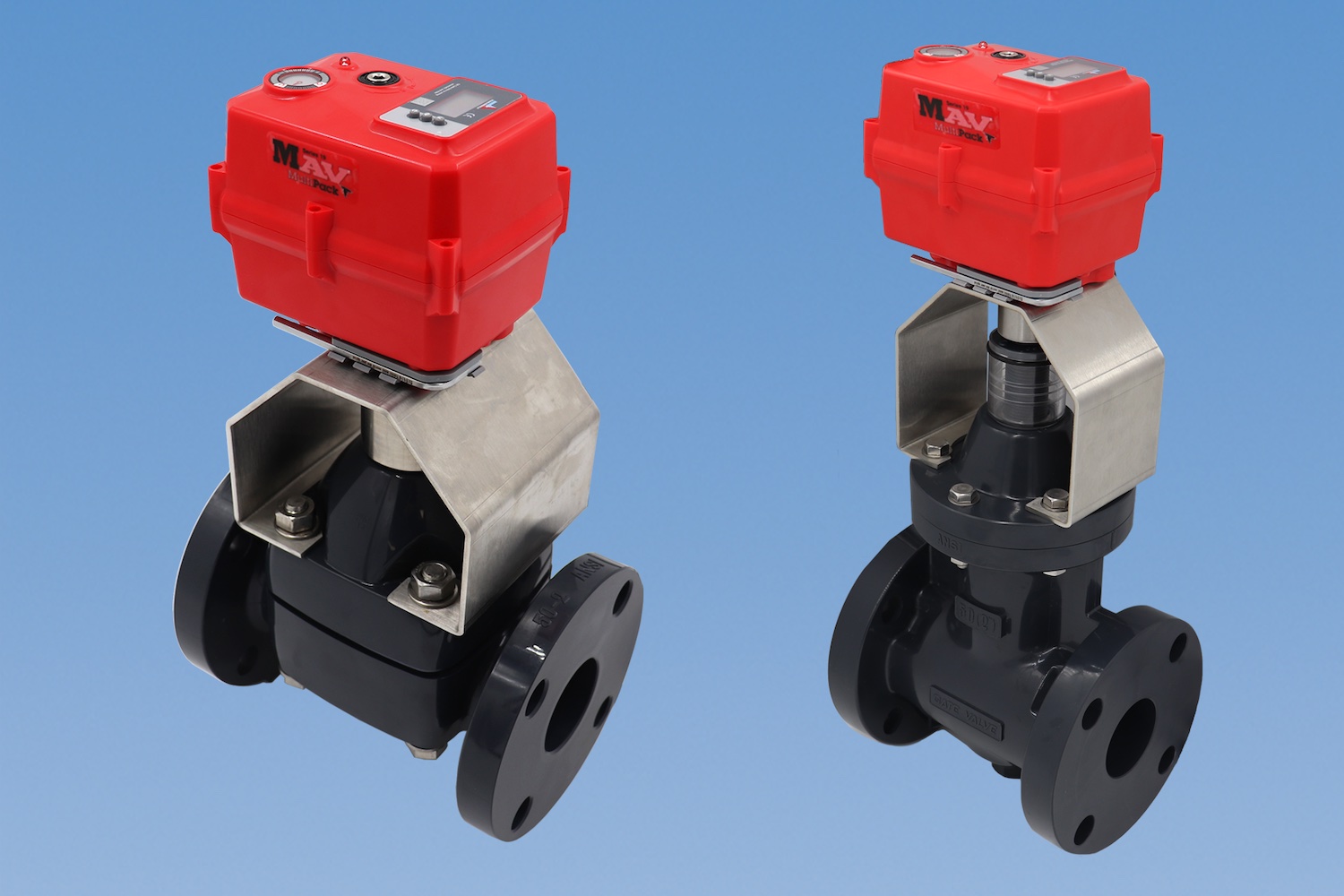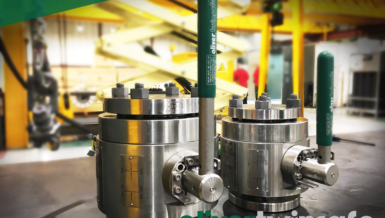One of these challenges is the that there has been limited availability of ball valve seat materials on the market, with PEEK and PTFE the two most commonly selected polymer types.
PTFE offers a number of advantages: it has good chemical resistance; a low co-efficient of friction; low moisture absorption levels and perhaps crucially, flexibility at low temperatures. However, the mechanical properties of PTFE are low in comparison to other polymers and as it is very soft, it cannot be used in high pressure applications.
PEEK has outstanding chemical resistance, very low moisture absorption, excellent mechanical strength across a broad temperature range and good dimensional stability. The main downfalls to this selection are the relatively high costs and the hardness of PEEK, which offers limited flexibility, making it difficult to establish a good seal with in certain environments.
In applications, typically as pressure increases, PTFE can no longer resist deformation well enough to perform long term, so PEEK is employed as the seat material of choice. Stepping from PTFE to PEEK can result in a significant price increase for valve seats. It also creates challenges around seal performance given that PEEK is so much harder and resistant to the slight deformation needed to seal against imperfections on the sealing face. Therefore, in a highly competitive landscape, moving to PEEK and the associated improvements required in adjacent components and actuation can be the difference between winning and losing an opportunity for a valve manufacturer. In addition, this is coupled with the influx of lower quality and poorly processed PEEK and PTFE materials flooding the market, which can cause unreliable performance and prolong testing due to quality issues, ultimately damaging brands and causing unplanned delays.
In recognition of this gap, James Walker has recently launched Devlon® X100 – a material that has been developed specifically for use in the valve industry as a floating ball valve seat material.
Offering enhanced chemical resistance, with low friction properties and superior dimensional stability, Devlon® X100 can also present commercial savings over traditional PEEK materials. This allows it to fill the current gap that exists between PTFE and PEEK, providing the valve industry with a much needed alternative material option.
Devlon® X100 also offers improved chemical resistance to aliphatic and aromatic hydrocarbons, H2S and CO2 and is crucially sufficiently conformable to seal in low pressure valve applications.
Speaking about the launch, Product Manager Andrew Hambleton said “We are excited to be able to add another high performance material to our sealing solutions portfolio for the valve industry. Devlon® X100 extends the pressure and temperature range of traditional soft valve seat materials and thanks to our recent investment at our Gourock site, we are able to use our enhanced in-house testing facilities to continue developing the next generation of high performance thermoplastic products and sealing solutions for the valve industry.”





